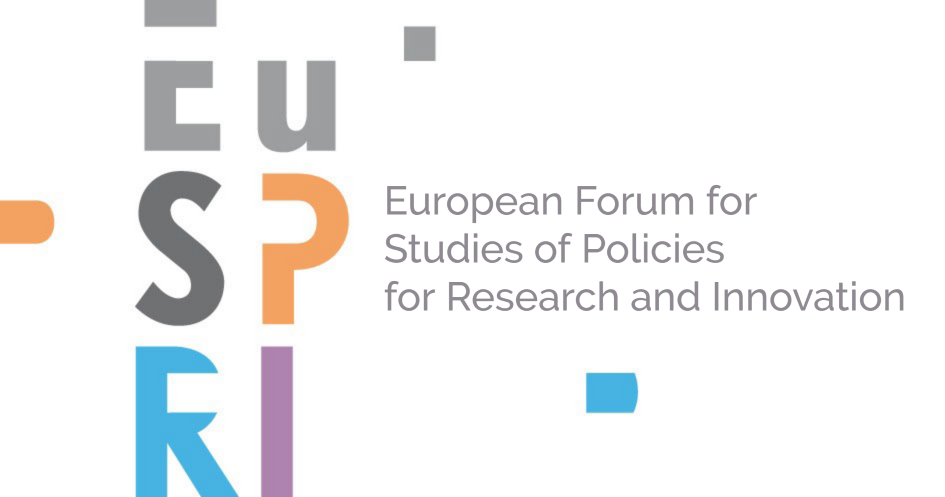Hölsgens, Rick (Dortmund (DE) TU Dortmund)
The role of social innovation in shaping societal futures
Authors: Rick Hölsgens, Jürgen Howaldt, Karina Maldonado-Mariscal, Bonno Pel, Doris Schartinger, Klaus Schuch, Matthias Weber, Marthe Zirngiebl
Keywords: Critical perspective¸ Comprehensive innovation policy; Grand Societal Challenges, Impact Assessment, Social Innovation, Societal Transformation
Abstract
The ‘Grand Societal Challenges’ of the twenty-first century require a broad understanding of innovation in order to tackle them in a systematic way. It has long been recognized that technological innovation alone will not be enough to address challenges such as climate change and biodiversity loss, but also social challenges such as growing social inequality and disintegration, migration or the aging of society. The Sustainable Development Goals (SDGs) underline the breadth of the challenges that current generations are facing. A comprehensive transformation is needed, requiring not only technological change, but also major changes in social practices, social relations and institutions, i.e. social innovations (e.g. Howaldt et al., 2024). The need for social innovation in the transformation towards a sustainable and more equitable future is increasingly recognised and has entered the political sphere in most European countries and beyond. Yet, how precisely can social innovation contribute to address these challenges and enable the related transformation processes, and how can STI policies aimed at fostering social innovations be devised and implemented? Although social innovation research has grown and spread in recent years (e.g. Havas et al., 2023; Howaldt & Kaletka, 2023; Maldonado-Mariscal, 2023; Pel et al., 2020; Wittmayer et al., 2024), a critical perspective on the roles, potentials and ambivalences of social innovation is still much needed (e.g. Hölsgens, 2022; Pel et al., 2022) In this track, we welcome empirical, exploratory and theoretical contributions that address these questions and help us to advance our understanding of both the potential of social innovation for shaping future transformations and of the role of STI policy for fostering the role of social innovation in this context. Expectations for the potentials of social innovations are enormous. Therefore, in this stream we want to explore how social innovation can contribute to addressing societal challenges and enabling the related transformation processes. How to engage different actors in social innovation processes and policies, how can the impact of social innovation be maximised, and how to keep social innovators motivated in a context of multiple crises? Where can social innovation policies really make a difference? Against this background, the track will address a number of interrelated questions:
• What contributions can social Innovation make to increase the resilience of societies? How can social, ecological, and economic goals be combined?
• How can STI policies that are aimed at enhancing societal resilience through social innovation be conceptualized? How do social innovations feature in, and contribute to, reaching the SDGs or the EU Mission Goals? How can social innovation be integrated in a comprehensive mission-oriented innovation policy?
• How can we strengthen the link between social innovation policies and other policies to better tackle major societal challenges (e.g. Social and Environmental Policies, National Strategy for Social Innovation and Social Enterprises among others)?
• What is the role of foresight and socio-technical scenario development in paving the way for aligning (social) innovation policy and other complementary policies and actor strategies?
• What lessons can be learned from the experiences of the Global South? Which types of social innovation research, policy and practice can provide impulses for learning processes in the Global North? (e.g. Maldonado-Mariscal and Hölsgens, forthcoming)
• How can it be assured that social innovations have a broad impact and reach all relevant stakeholders? How can citizens be motivated to change their habitualized practices? And how can institutionalized (social) structures be challenged to achieve a more resilient future?
• How can the impact of social innovation policy be assessed in a comprehensive sense?
